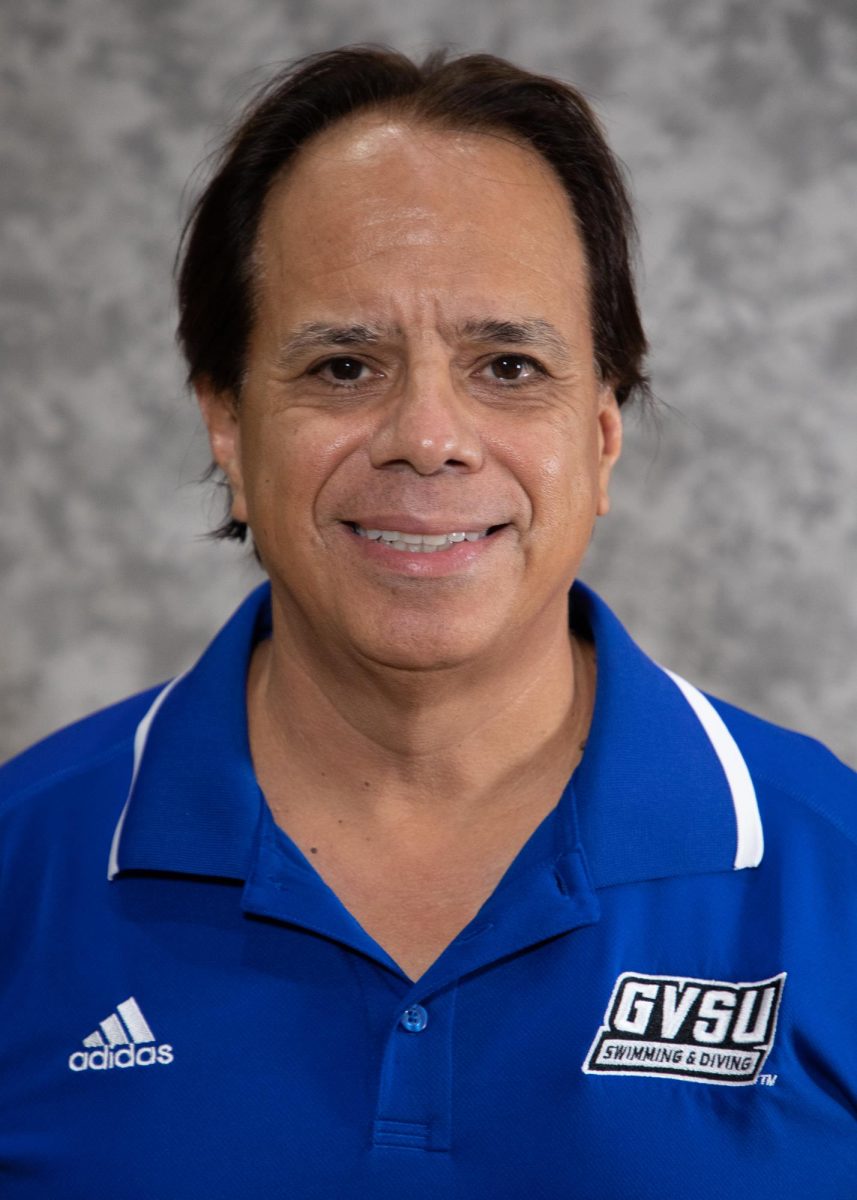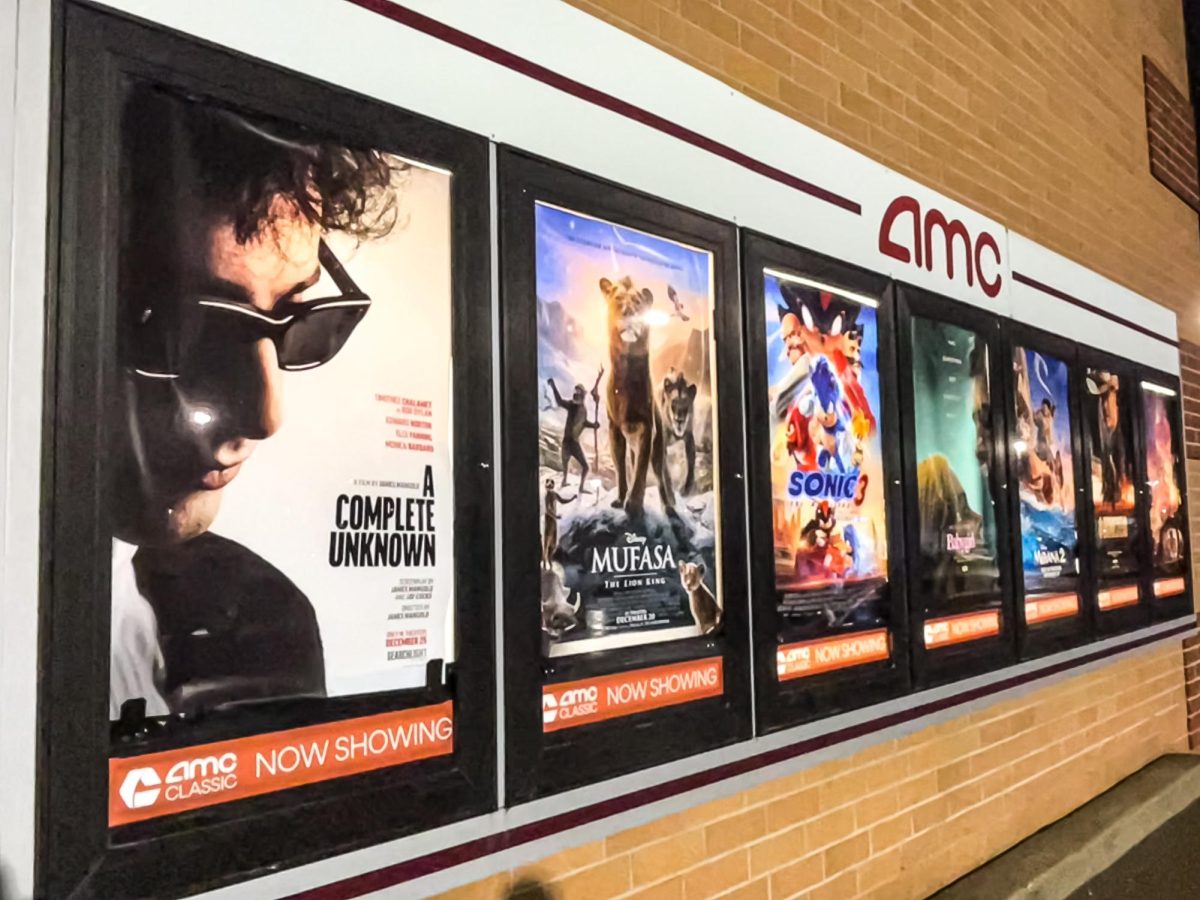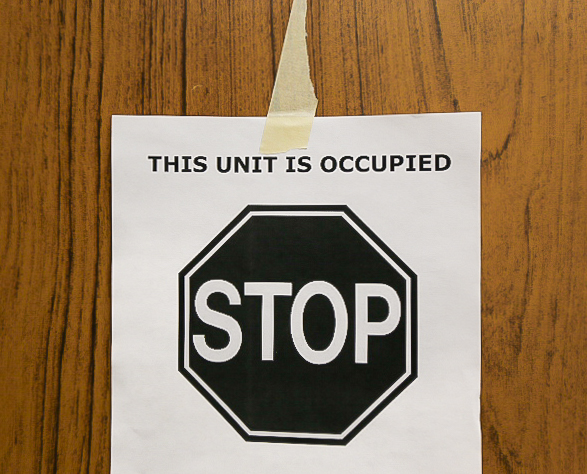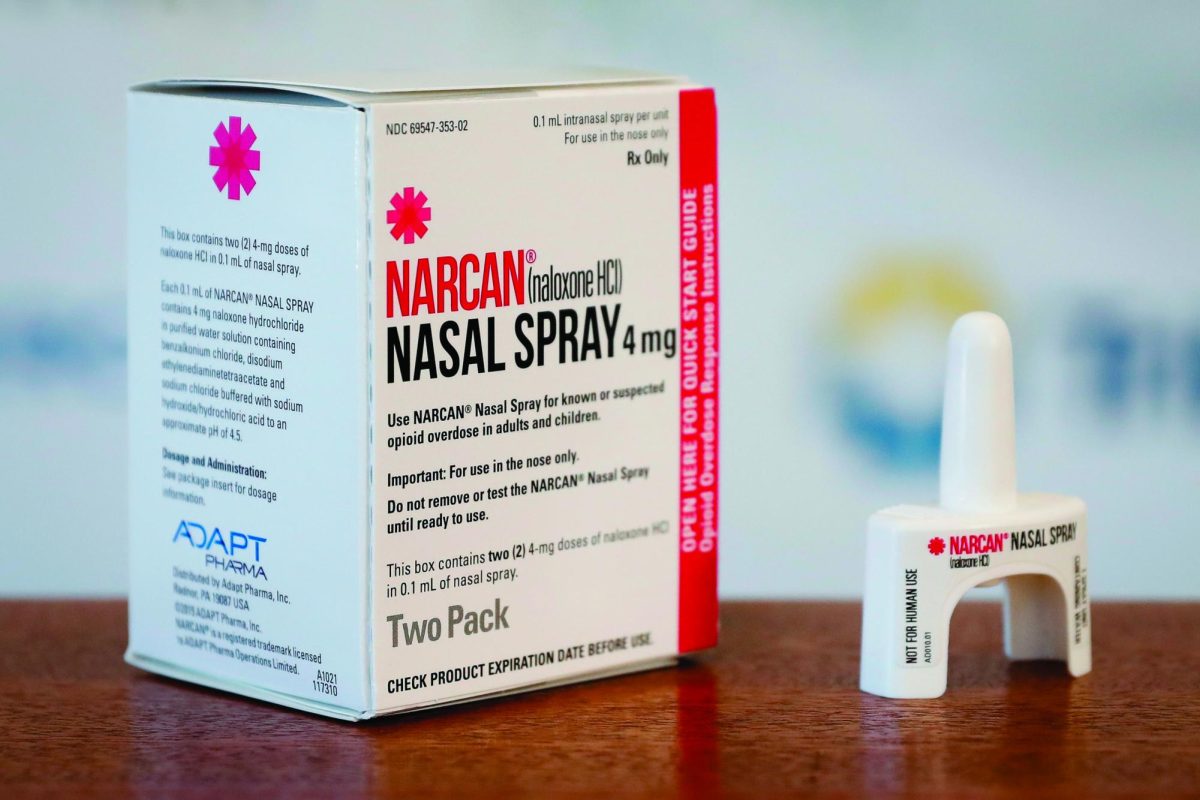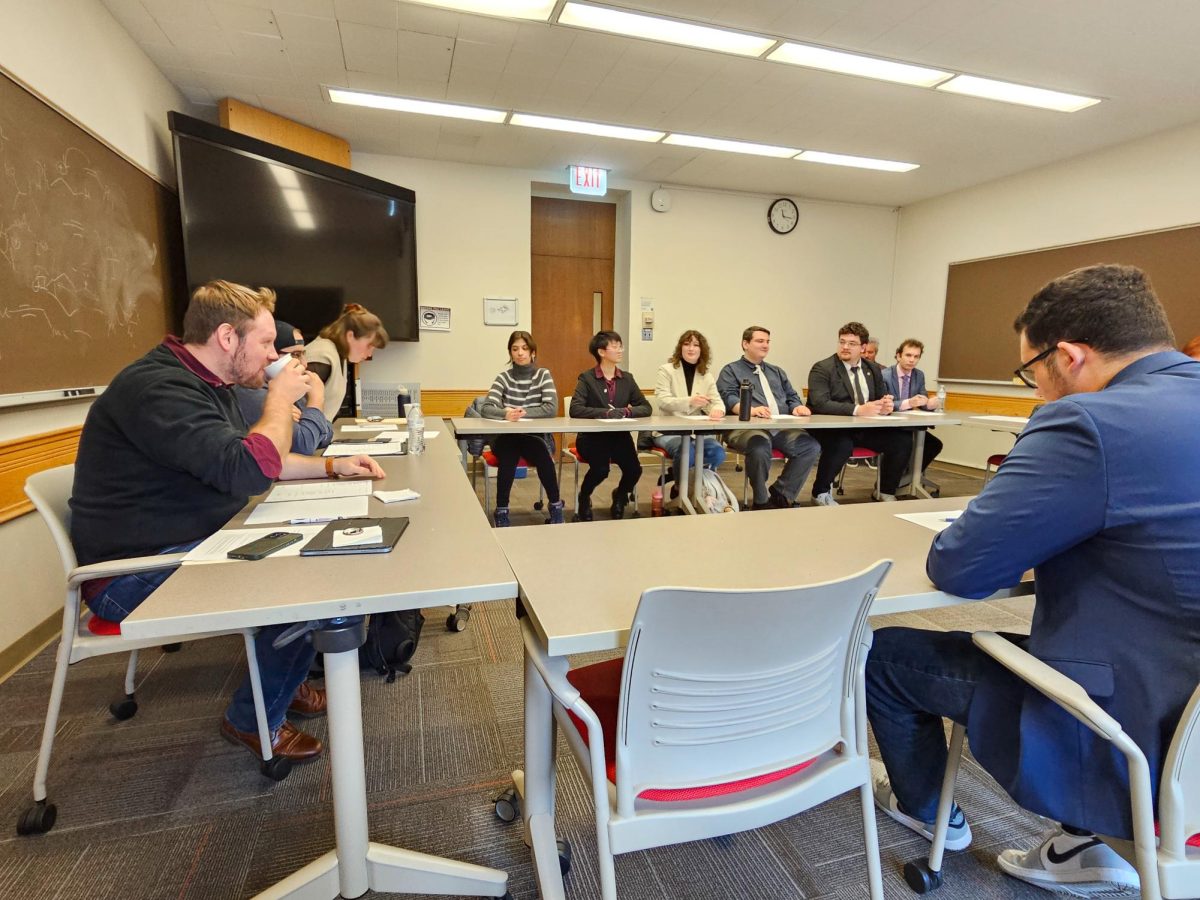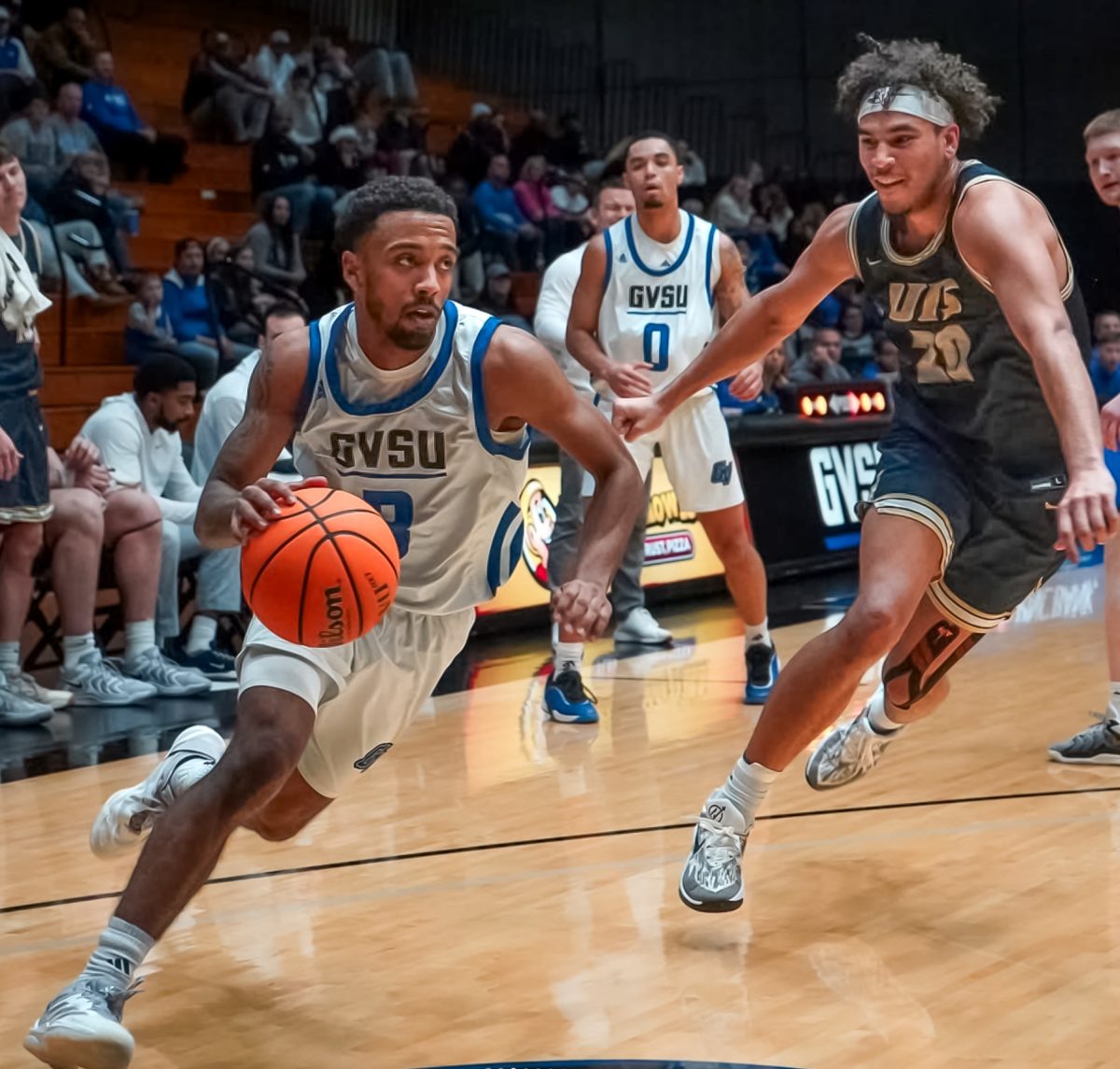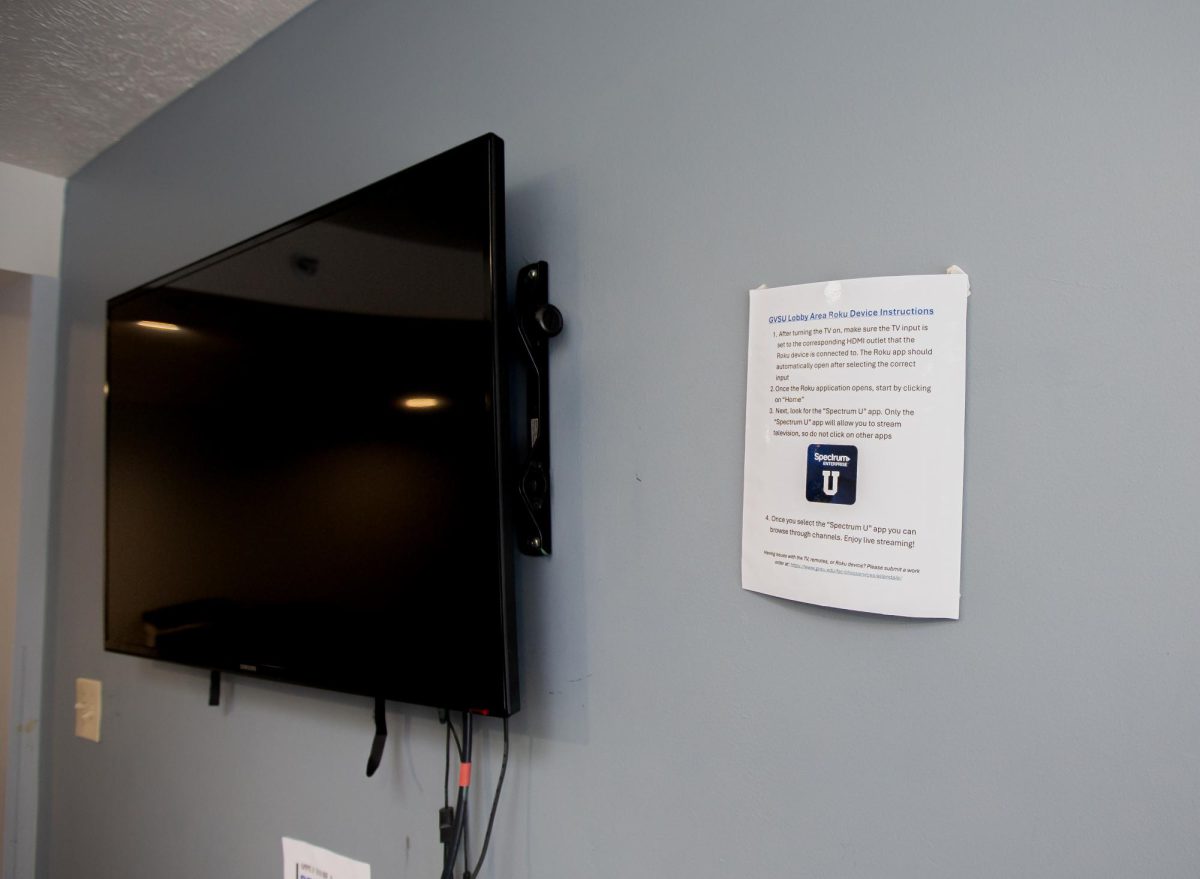Jan 17, 2015
Mistakes to avoid when faced with consumer debt
Many Grand Valley State University college students may feel like they are fighting an uphill battle against their debts. Until debt is eliminated, interest will accumulate, so even if students make their monthly payments on time, they may feel as though they’re getting nowhere.
Making monthly payments on time and paying more than the minimum is the best way to eliminate debt, even if this approach forces you to make certain sacrifices along the way. Below are some common mistakes that men and women faced with significant consumer debt should avoid as they work to improve their financial situations.
1. Use credit to pay off debt. Many credit card companies offer cash advances to their cardholders, who can easily be tempted to accept such offers as they look to pay down balances on other cards. But using one credit line to pay off another can land you even deeper in debt, as cash advances and balance transfers also are subject to interest charges, meaning you won’t really be eliminating debt but simply shifting it from one card to another, all the while being charged to make that switch.
2. Pay only the minimum. Credit card statements include both a minimum payment as well as how long it will take to pay off existing debts if you only make the minimum payment. When balances are considerable, it can take years to eliminate debt if you are only paying the minimum. Even if money is tight, find a way to pay more than the minimum each month. If you don’t, your total balance likely won’t decrease by much and your credit rating, which takes your debt to credit ratio into account when calculating your credit score, will not benefit greatly even though you are making your monthly payments on time.
3. Continue using credit. If you are currently bogged down with considerable debt, resist the temptation to use your credit cards. That will only compound the current problem. Use only debit cards or cash when making purchases so you know you are not spending money you don’t have. In addition, every time you use a credit card and don’t pay the balance in full when the bill is due, you will be forced to pay interest charges, which makes the items you buy more expensive than if you were to pay with cash or a debit card.
4. Pay down the wrong debts first. When faced with substantial debt, many people take a methodical approach to eliminating their debts, paying down one card and then moving on to another and so on. Though it can be motivating to methodically eliminate debt obligations, it’s best to pay down those debts with the highest interest rate before paying off smaller debts. The more interest that accrues, the deeper your debt hole becomes. So make a list of your debts and their corresponding interest charges, and work to pay down the high-interest debts first, even if that means you won’t be eliminating balances as quickly as you might if you paid down smaller debts first.
Debt can feel like a burden, but avoiding certain mistakes when eliminating debt can help the process go more quickly and smoothly. As students, avoiding debt is something many strive toward, so these tips can help start your future off right.
Avoiding credit cards scams
Grand Valley State University students who frequently use credit cards to make payments at the grocery store or coffee shop should taken precautions against card skimming. Skimming is a type of financial fraud in which information is illegally copied from the magnetic strip of a debit or credit card. Once a card has been skimmed, the criminals perpetrating the fraud can then clone the card and use it to make false purchases and/or steal the card holder’s identity. Account holders may be surprised to learn that their cards can be skimmed at their own banks, where criminals may place skimming devices over card slots at ATM machines. Unsuspecting customers will then swipe their cards and won’t notice anything out of the ordinary while completing their transactions. If you are concerned about skimming, then you should avoid outdoor ATMs that are not under bank supervision and surveillance, as well as those machines that are in rough areas where a criminal won’t attract attention while attaching a skimming device. Students also can closely examine their bank accounts online and examine ATMs before swiping their cards.




